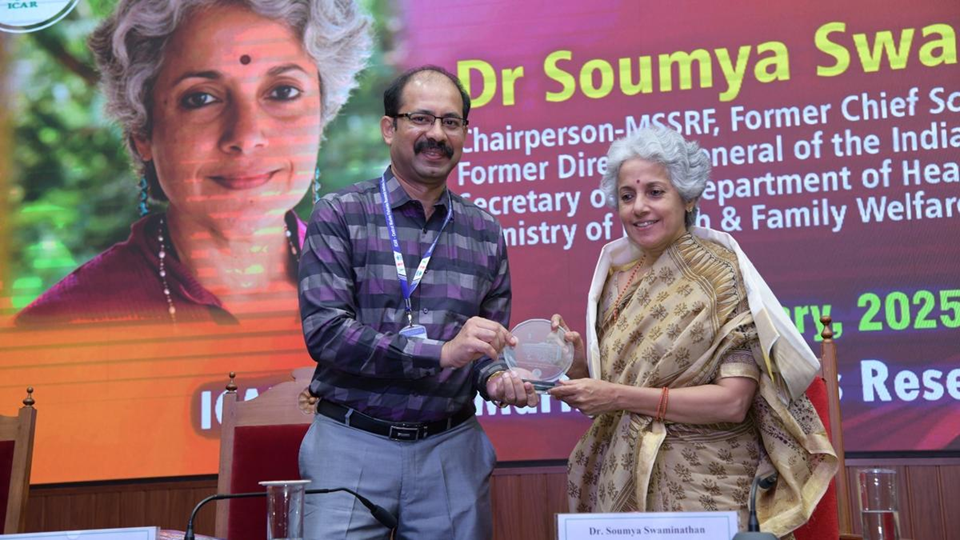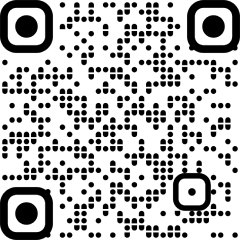
Kochi: Former Chief Scientist of the World Health Organisation Soumya Swaminathan on Friday said that most emerging viral threats are zoonotic infections transmitted from animals to humans. Swaminathan, who is also the former Director General of the Indian Council of Medical Research, emphasised the critical role of integrated research, including data from weather, climate, health, and environmental sources, to predict and prevent future outbreaks.
She was speaking after the launch of various initiatives undertaken as part of a major research project on water quality assessment of Vembanad Lake and water-borne infectious diseases at ICAR-Central Marine Fisheries Research Institute (CMFRI) here.
She said that most health threats today originate from environmental factors and suggested establishing an Environmental Health Regulatory Agency in India.
Swaminathan further stated dietary risks as the number one health threat in the country. “Half of Indians cannot afford a nutritionally adequate diet,” she added.
Kerala and Tamil Nadu are experiencing a concerning rise in obesity and non-communicable diseases, alongside persistent issues like malnutrition, anaemia, and micronutrient deficiencies, all stemming from unhealthy dietary habits, Swaminathan observed.
Emphasising the potential of marine resources as a healthy diet component to improve nutrition, Swaminathan said that we are yet to fully utilise these resources to address these critical dietary issues.
She stated the severe impact of climate change, highlighting that India is among the most vulnerable countries facing this challenge.
Referring to the challenge of information overload, Swaminathan said that in the digital age, misinformation spreads rapidly across social media platforms, hindering scientific progress and public health efforts.
“This was evident during the Covid-19 pandemic when many disguised themselves as ‘experts’ and offered advice to the public,” she said.
Swaminathan appreciated the proactive public health approach of the Kerala government in effectively containing the Nipah virus.
Water Clinics, an integrative database for water-associated diseases in coastal communities, CLEANSE app and AQUADIP app developed as part of the joint research project on Vembanad Lake water quality assessment were unveiled at the function.
The project is a joint initiative by CMFRI, National Institute of Oceanography (NIO) and the Nansen Environmental Research Centre-India (NERCI).







